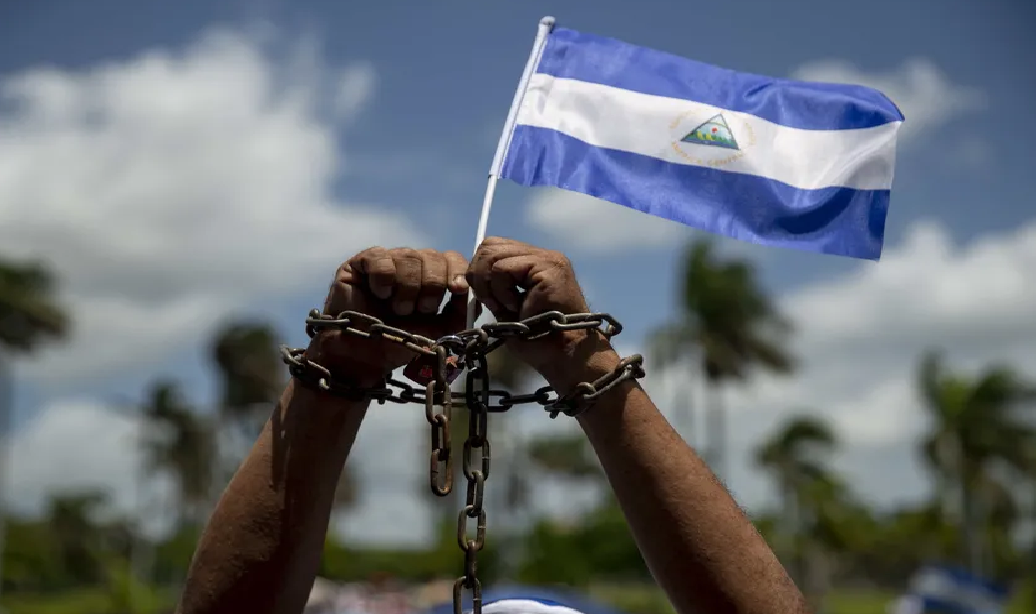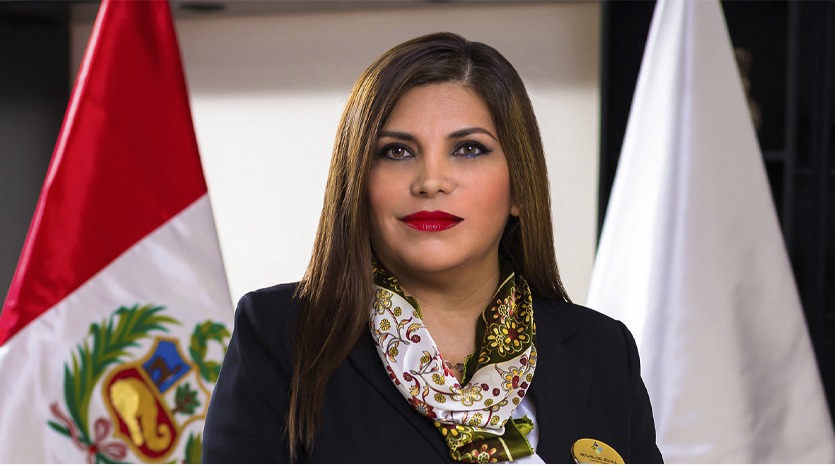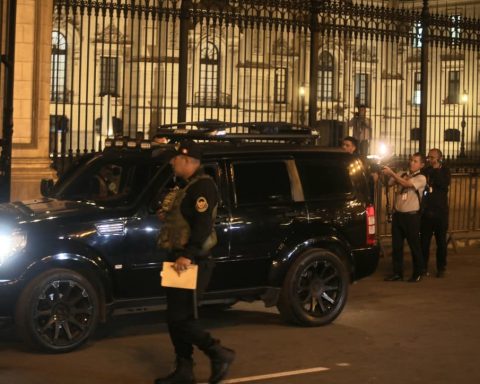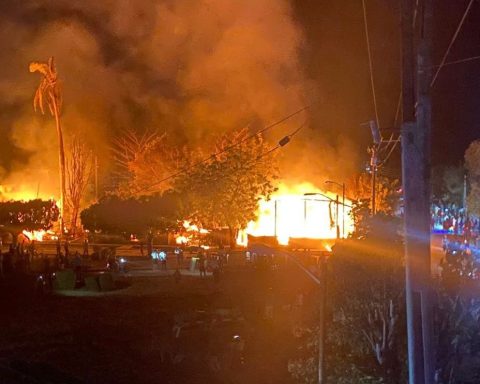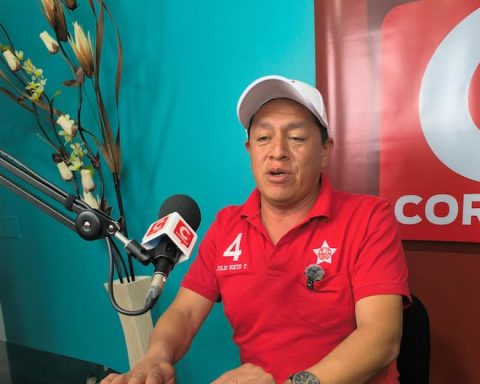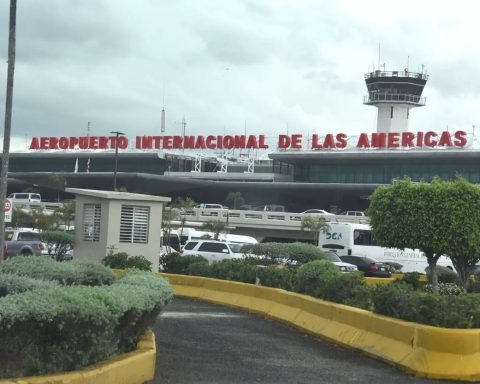In Nicaragua’s prisons – despite the massive release and banishment of 135 political prisoners documented on September 5 – there remain 45 people imprisoned for political reasons by order of the regime of Daniel Ortega and Rosario Murillo, confirmed the Mechanism for the Recognition of Persons Political Prisoners, through a report that covers the period from September 8 to 25 of this year.
«At least 45 people remain detained for political reasons in Nicaragua, of which 37 are men and 8 women. The profiles of these people reflect the extensive repression exercised by the regime, which includes forest rangers, indigenous leaders, political opponents, religious lay people and state workers,” the document details.
Related news: Adela, Gabriela and Mayela, the only three exiled to Guatemala for burning the FSLN flag
The people who remain detained for political reasons are from the departments of Managua (15), Matagalpa (12), Caribe Norte (10), Estelí (2), Masaya (2), Carazo (1), León (1), Nueva Segovia (1) and Río San Juan (1).
The Mechanism warns that among the detainees there are “nine older adults, who face a situation of extreme vulnerability due to their health conditions. “The majority suffer from chronic illnesses and do not receive adequate medical care, which further aggravates their situation in the regime’s prisons.”
🔴 The number of #PoliticalPrisoners in #Nicaragua recognized by the Mechanism as of September 25 is 45.
🔹Men: 37
🔹Women: 8
🔹Older Adults: 9🔻Download the full report at the following link: https://t.co/TUNMrgudvf#SOSNicaragua #FreedomForPoliticalPrisoners pic.twitter.com/JmKBZjGU5Z
— Dams and Political Prisoners Nicaragua (@MPresasPresosNi) September 26, 2024
Of these prisoners of conscience, according to the Mechanism, although the majority are not from Managua, they have been held in prisons such as the Jorge Navarro Penitentiary System, known as La Modelo, and in the women’s penitentiary system, known as La Esperanza, both located in the department of Managua.
The Mechanism states that this decision “reflects the regime’s deliberate strategy to keep victims away from their homes, which imposes serious logistical and economic difficulties on their relatives, who must travel long distances to visit them.”
Forced disappearances
The organization, in addition to updating the list of people imprisoned for political reasons in Nicaragua, warned that the practice of forced disappearances continues to worsen in the country, recalling that they have documented “cases in which relatives have not been able to see their loved ones for months”.
Some alarming cases of dorzada disappearances, mentioned in the Mechanism’s report, are those of Jaime Enrique Navarrete Blandón, Brooklyn Rivera Bryan, Eddie Moisés González Valdivia, Gersom Antonio Zeledón Motta, Carmen María Sáenz Martínez, Lesbia Gutiérrez Poveda, Evelyn Carolina Matus Hernández, Domingo Antonio Munguía Carrión and Fabiola del Carmen Tercero Castro. The Mechanism highlighted that of these people “neither their whereabouts nor their state of health could be verified, which generates great concern about their physical integrity.”
«The Nicaraguan regime continues to use forced disappearance as a strategy to punish its opponents. A clear example of this practice is the situation of detainees who are denied the right to receive visits for prolonged periods, ranging from three, six and up to nine months. These restrictions not only seek to isolate political prisoners, but also to inflict psychological punishment on their families,” the Mechanism denounced.
In addition, he called “on the authorities to clarify the whereabouts of these political prisoners and to allow their relatives proof of life and regular visits.”
The Mechanism pointed out that despite the fact that the Ortega dictatorship released, banished and confiscated the 135 former political prisoners, which it sent on a direct flight to Guatemala, on September 5, it continues to be cruel to their relatives who are still inside the country.
«Information has been received about threats and harassment towards their relatives in the country, which shows a strategy of control and violence that has intensified in recent years. Not only do they face arbitrary arrests and long prison terms, but once banished, denationalized and at imminent risk of confiscation of their property, these people continue to be victims of threats and acts of intimidation by the police and authorities, seriously violating their rights,” the defenders of the Mechanism pointed out in their report this Thursday.
